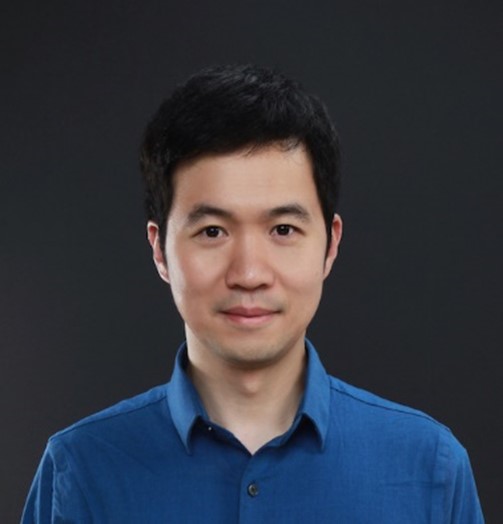Short-Range Microwave Sensing for Healthcare Applications
IEEE North Jersey Section AP/MTT Jt. Chapter Co-Sponsors the TALK: "Short-Range Microwave Sensing for Healthcare Applications"
Short-Range Microwave Sensing for Healthcare Applications
Microwave biomedical radar has seen significant advancements in recent years, leading to innovative and transformative applications in clinical settings. Traditionally, most medical instruments used to measure human activities rely on contact electrodes, which can cause discomfort. In contrast, biomedical radar is particularly valuable for clinical applications due to its non-invasive nature. This presentation will discuss improvements in radar hardware, focusing on miniaturization, increased accuracy, and enhanced sensitivity. Additionally, it will explore RF processing and machine learning techniques specifically designed for analyzing radar data. The talk will highlight recent breakthroughs and applications of biomedical radar technology, emphasizing its transformative potential in shaping the future of clinical diagnostics, patient care, and healthcare innovation.
Date and Time
Location
Hosts
Registration
-
 Add Event to Calendar
Add Event to Calendar
Loading virtual attendance info...
- Contact Event Host
-
Ajay Poddar (akpoddar@ieee.org), Edip Niver (edip.niver@njit.edu), (Anisha Apte (anisha_apte@ieee.org)
- Co-sponsored by IEEE North Jersey Section
Speakers
Changzhan Gu of Shanghai Jiao Tong University
Short-Range Microwave Sensing for Healthcare Applications
Microwave biomedical radar has experienced remarkable advancements in recent years, unlocking a realm of innovative and transformative applications within clinical settings. Traditionally, most medical instruments designed to monitor human activities rely on contact electrodes, which often lead to discomfort for patients. In contrast, biomedical radar stands out due to its non-invasive nature, offering a more comfortable alternative that can enhance the patient experience. This presentation will delve into the latest advancements in radar hardware, with a particular focus on miniaturization, which allows for more portable devices, as well as increased accuracy and enhanced sensitivity that promise to revolutionize diagnostics. Furthermore, we will explore sophisticated RF processing and cutting-edge machine learning techniques tailored for interpreting radar data, enabling faster and more precise analyses. Throughout the talk, we will illuminate recent breakthroughs and diverse applications of biomedical radar technology, showcasing its transformative potential to reshape clinical diagnostics, improve patient and elderly care, and drive healthcare innovation into the future.
Biography:
Changzhan Gu
Associate Professor, Shanghai Jiao Tong University
Address:Shanghai Jiao Tong University, , Shanghai, China


